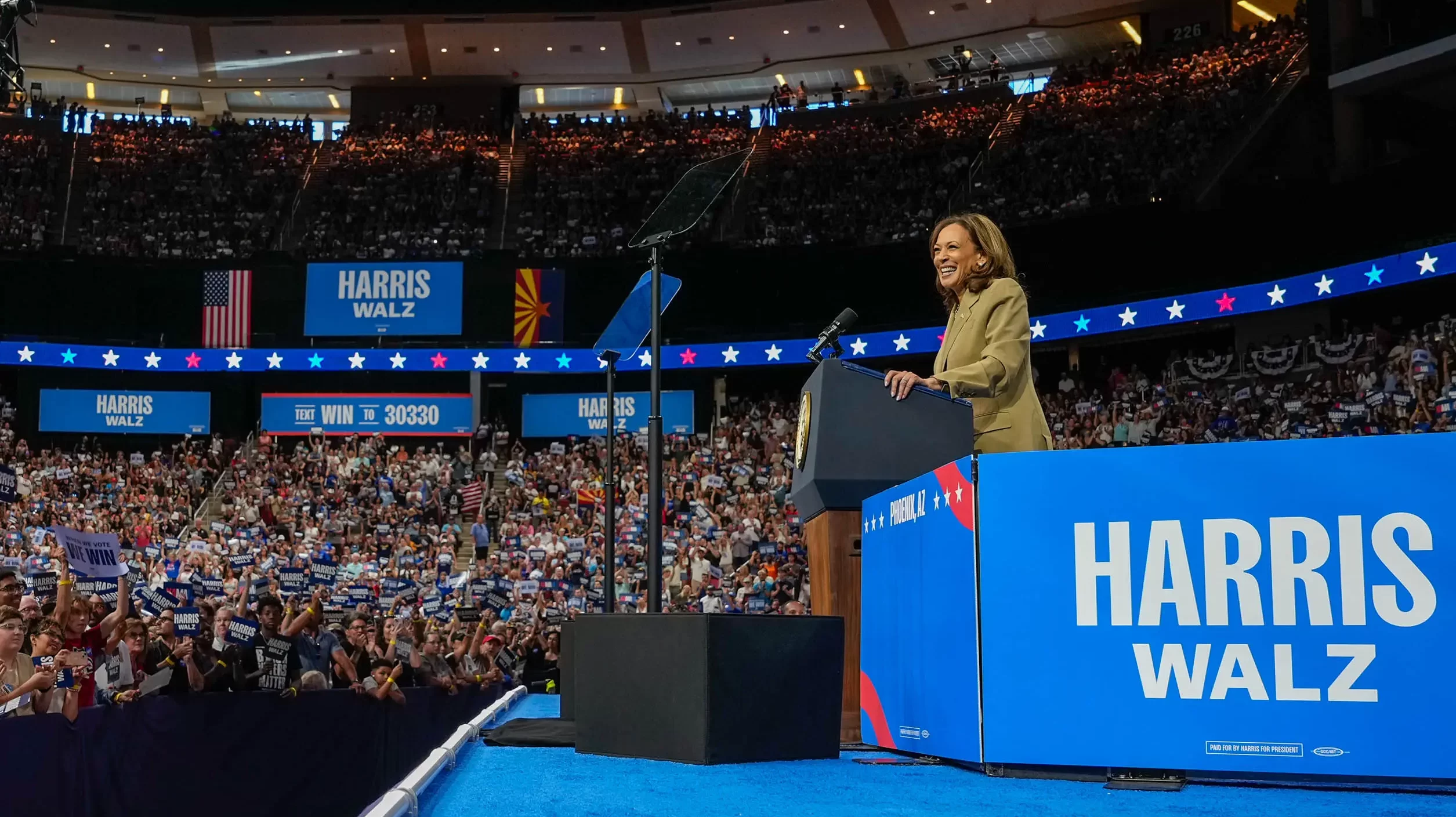Democratic presidential candidate and current Vice President Kamala Harris has made price gouging a central economic issue of her campaign, as inflation remains a pressing issue for voters. Earlier this month, Harris announced that if elected, she would call on Congress to pass a federal ban on price gouging to keep food prices and other everyday expenses affordable.
That plan drew criticism, with former President Trump comparing the proposal to “Soviet-style” price controls, and even some Democratic lawmakers reportedly calling the measure “pretentious” and politically untenable.
However, laws that limit exorbitant pricing already exist across the country, including in Alabama. Many of these laws, including Alabama’s, are aimed at preventing price gouging in emergency situations—though some, like those in Maine and Michigan, address price gouging more generally.
Under the current interpretation of Alabama law, it is illegal to increase prices on goods by more than 25% in a 30-day period during a declared state of emergency. Beginning in 2023, the Alabama governor and state legislature will also be allowed to designate specific areas of the state where this “unreasonable pricing” law will (or will not) apply in such cases.
This law has been enforced in the past. In 2005, Jason McBride, an Aliceville gas dealer, was charged with price gouging when then-Governor Bob Riley declared a state of emergency following the devastating effects of Hurricane Katrina. McBride was one of dozens of gas dealers investigated for price gouging during that period.
Since Katrina, Alabama attorneys general have continued to warn against price gouging during the state of emergency. A seller can face a fine of up to $1,000 per violation unless they can attribute the price increases to reasonable cost increases during these periods. In addition, repeat offenders can be barred from future business in Alabama.
The United States has long maintained a mixed economy that regulates the free market (both at the federal and state levels) to protect both producers and consumers. Imposing restrictions on price gouging, as here in Alabama, would be consistent with this tradition and is not comparable to the strict price fixing in the control economies of the Soviet era.
Harris’s proposal for a federal anti-price gouging law may not be implemented even if she wins the Oval Office, but it would certainly not be without precedent — especially if it is based on the declaration of a state of emergency. Regulating reasonable prices for goods to protect vulnerable consumers is common practice in numerous states with different political makeups, from California to Alabama.

